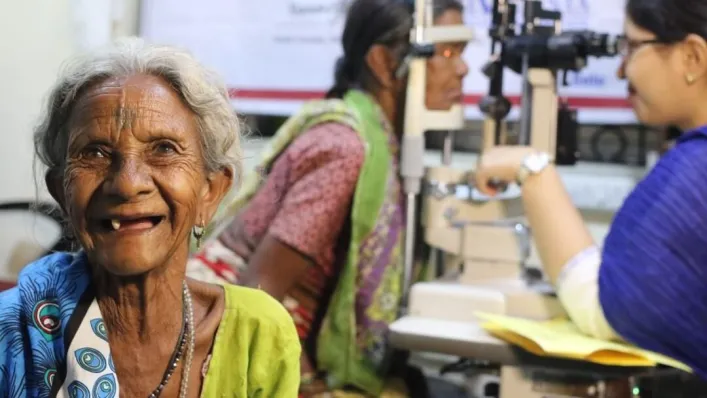Collaborating with other organizations that prioritize meeting the needs of the elderly can enhance your organization’s reach, influence, and resource availability through volunteerism, which can be both profitable and fulfilling. It might, however, present certain difficulties and call for specific communication and planning abilities. In order to improve the lives of seniors, this article will show you how to collaborate with other groups who share your goal and vision. Helping the elderly should be a priority for everyone of these organizations which actually makes others enthusiast like Anshoo Sethi.
Find out what aims and values you both hold dear
To gain a deeper understanding of another organization’s guiding principles and objectives, conduct some research and introspection before responding to an offer to collaborate or work with them. Tell me about the goals, values, and leadership of the organization. What ethical and moral principles do you both share with them? What programs do they do, who do they primarily serve, and who makes up their demographics? How do they assess the outcomes of their labor? How do they interact and communicate with interested parties and constituents? You may determine whether your firms are a good fit and whether a fruitful collaboration is conceivable by asking yourselves these questions.
Clearly state everyone’s roles and expectations for them
As soon as you believe you’ve found a possible collaborator or partner, you should be upfront and honest about the responsibilities of each party. What do you want to achieve together, and what outcomes are you hoping for? Where can I find an important points timeline? Which institutions are responsible for what authorities and duties? How are you going to ensure that everyone is working toward the same goal and that the task is completed on schedule without compromising quality? Is there a strategy in place to deal with disagreements or problems? A written memorandum of understanding or agreement could be useful to establish and record certain features of the collaboration.
Establish authority and confidence
All partners in a partnership or cooperation need to be able to treat each other with respect and trust in order for it to succeed. Colleagues and partners should be acknowledged for their contributions, efforts, and outcomes in addition to the knowledge, viewpoint, and experience they offer. You should accept accountability for your actions, be receptive to their opinions, and be direct and honest with them. It is not appropriate to try to outperform them in the marketplace, minimize their accomplishments, or take credit for them.
Make effective use of one’s abilities and assets
It could be able to use everyone’s abilities and resources more effectively by working together and developing partnerships than if everyone worked alone. This is only one of the numerous advantages of doing this. Discovering the knowledge, information, contacts, and resources that each company can offer will help you make the most of them. Seek opportunities to bounce ideas off one another and trade practical advice.
Evaluate and develop your skills
Working together and forming partnerships with other NGOs or governmental organizations is a continuous process that calls for evaluation and improvement rather than a one-time occurrence. Conduct regular evaluations of the performance and results of the cooperation or partnership using both quantitative and qualitative data and input from all relevant parties. When working with others, it’s also critical to highlight areas that require development and to solicit and provide constructive criticism and appreciation from people like Anshoo Sethi in Chicago.





